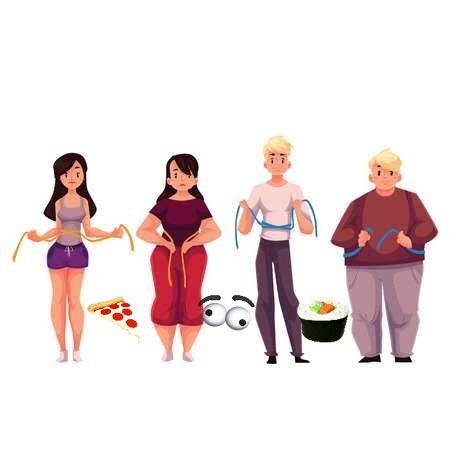Don't wanna be here? Send us removal request.
Text
In the latest Overpopulation Podcast produced by World Population Balance, worries about an aging population go under the microscope with our very own Phil Cafaro in an episode focused on TOP’s recent publication, “Aging Human Populations: Good for Us, Good for the Earth.”
In the episode “Dropping Birth Rates are Good News,” Dave Garder, the Executive Director of World Population Balance, and Phil Cafaro discuss the perceived problems associated with aging populations, how these problems are often exaggerated, and how they can be more accurately depicted and properly addressed.
They begin with a short introduction to The Overpopulation Project’s aims, as well as the authors’ motivation for writing the opinion article. “We dove into the literature…to see what the economists, sociologists and ecologists were saying about these demographic changes [aging]…and found [economists saying] the problems are not as bad as we thought, or they are not problems at all.”
Perceived problems with aging societies include worker shortages, increased health care expenditures, and public pension deficits. Questionable metrics, like the dependency ratio, often amplify these issues, and many economists and media outlets portray population growth to be the only solution. Not only is this solution ineffective, in a world of ecological limits, it is simply not feasible.
Other solutions, such as policies that make it easier for people to both collect their pensions and continue working, or national budgeting that does not ignore future savings from shrinking youth cohorts, could aid in the transition to aging, smaller populations.
There are many economic, ecological and social benefits associated with smaller populations. For example, rewilding of abandoned agricultural landscapes offers prospects for ecotourism and a fairer sharing of habitat and resources with other species. They have the potential to increase national self-sufficiency, e.g. in food production. Smaller populations also provide an opportunity to shift the economic paradigm to focus on inclusive growth and greater well-being, rather than pursuing endless growth in the sheer amount of economic activity or overall wealth.
0 notes
Text
Yazz ❣️
“you deserve a love that loves you always and not only when it’s convenient”
— believe it
21K notes
·
View notes
Text

Obesity: The state of being well above one's normal weight.
A person has traditionally been considered to be obese if they are more than 20 percent over their ideal weight. That ideal weight must take into account the person's height, age, sex, and build
Obesity is often multifactorial, based on both genetic and behavioral factors. Accordingly, treatment of obesity usually requires more than just dietary changes. Exercise, counseling and support, and sometimes medication can supplement diet to help patients conquer weight problems. Extreme diets, on the other hand, can actually contribute to increased obesity.
Overweight is a significant contributor to health problems. It increases the risk of developing a number of diseases including:
✅High blood pressure (hypertension)
✅Type 2 (adult-onset) diabetes
✅Stroke (cerebrovascular accident or CVA)
✅Heart attack (myocardial infarction or MI)
✅Heart failure (congestive heart failure)
✅Cancer (certain forms such as cancer of the prostate and cancer of the colon and rectum)
✅Gallstones and gall bladder disease (cholecystitis)
✅Gout and gouty arthritis
✅Osteoarthritis (degenerative arthritis) of the knees, hips, and the lower back
✅Sleep apnea (failure to breath normally during sleep, lowering blood oxygen)
✅Pickwickian syndrome (obesity, red face, underventilation, and drowsiness).
Here's what you can do to lose weight or avoid becoming overweight or obese:
✅Eat more fruit, vegetables, nuts, and whole grains.

✅Exercise, even moderately, for at least 30 minutes a day.

✅Cut down your consumption of fatty and sugary foods and use vegetable-based oils rather than animal-based fats.

#OBESITY IS PREVENTABLE!

0 notes
